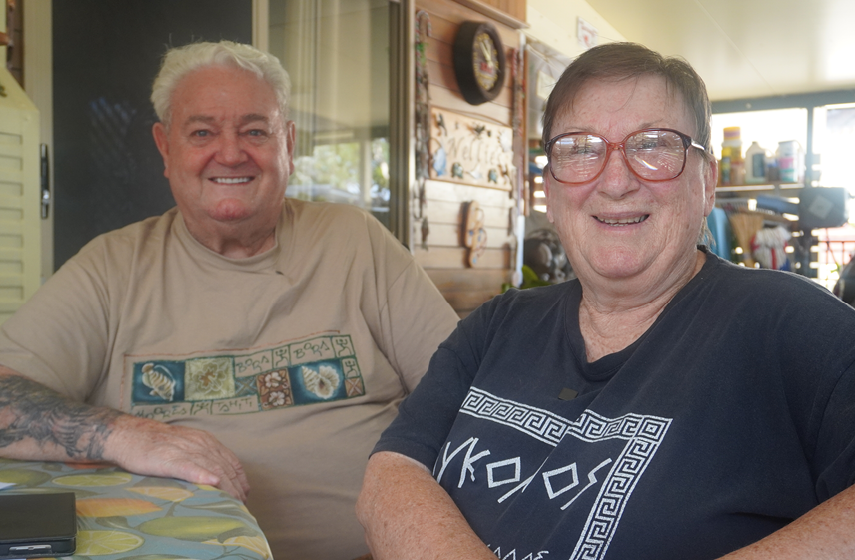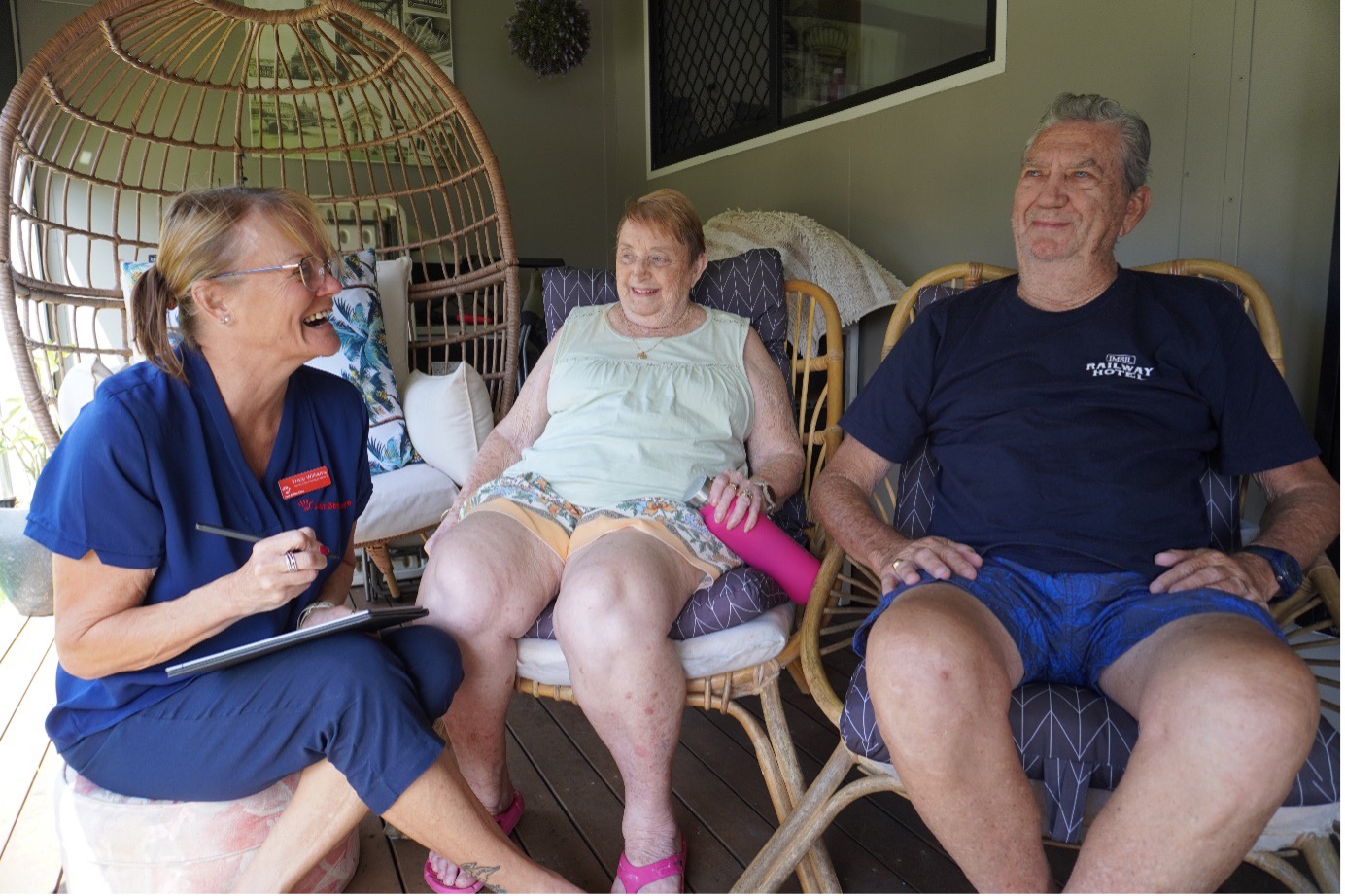If you’ve ever had a particularly busy period at work, there’s a likely chance that you’ve felt overwhelmed or out of control because you had too much on your plate.
Unfortunately, feeling “stressed out” is something too many of us are familiar with. It can be all consuming, making it difficult to be productive and happy at work.
The World Health Organization (WHO) considers stress “the health epidemic of our time”, with stress-related absenteeism directly costing Australian employers around 10.11 billion dollars a year. It is particularly rife in the community care industry, with jobs in this field regularly topping the lists of most stressful occupations.
What can you do?
Positive work culture and employee support can help mitigate stress for workers, but some stressful situations are simply part of the job. While we can’t always eliminate stressors, we can build the skills needed to maintain good mental health during adversity.
Employee support organisation, Acacia Connection, calls this building resilience. Resilience is our ability to cope; to stay productive and maintain physical and emotional wellbeing despite job pressures.
Acacia Connection supports Just Better Care Support Professionals to look after their mental health by providing tips and techniques to help boost resilience.
Here are some things we have learned along the way:
Mindfulness
You’ve probably heard this word at least once in the last few years, and for good reason. Practising mindfulness helps to reduce in-the-moment stress, by centring you and calming your rushing thoughts, while also promoting several long-term benefits to your mental health.
If you are unsure where to start, try downloading a mindfulness app such as HeadSpace or Calm.
Mindfulness strategies all involve a single focus on the activity you are currently doing – potentially eating, walking, drawing or meditation. With no distractions, such as a mobile phone or intrusive thoughts, mindfulness allows you to concentrate fully on one activity.
Foresight and planning
Resilient people are good planners. They anticipate and prepare for potential issues, and have strategies in place to manage workload during busy periods. Not only will this help increase productivity, but it also reduces the likelihood of feeling overwhelmed or out of control.
At Just Better Care, we use our mobile technology app to provide our community-based staff with real-time information, allowing them to effectively prepare for services they are providing to customers in the community.
We also partner with Acacia Connection to provide all staff and their immediate family members with access to free counselling and support services 24 hours a day / 7 days a week.
Social connectedness
Ask for help when you need it. It’s important to build a community of trusted friends, family and colleagues around you, whom you feel comfortable leaning on for support. It’s especially important you have this network in your workplace.
Stress isn’t something we can always avoid, but by implementing these simple tips into your life you can dramatically reduce its effects.
Visit headspace.org.au for more info on maintaining your mental health.
Unfortunately, feeling “stressed out” is something too many of us are familiar with. It can be all consuming, making it difficult to be productive and happy at work.
The World Health Organization (WHO) considers stress “the health epidemic of our time”, with stress-related absenteeism directly costing Australian employers around 10.11 billion dollars a year. It is particularly rife in the community care industry, with jobs in this field regularly topping the lists of most stressful occupations.
What can you do?
Positive work culture and employee support can help mitigate stress for workers, but some stressful situations are simply part of the job. While we can’t always eliminate stressors, we can build the skills needed to maintain good mental health during adversity.
Employee support organisation, Acacia Connection, calls this building resilience. Resilience is our ability to cope; to stay productive and maintain physical and emotional wellbeing despite job pressures.
Acacia Connection supports Just Better Care Support Professionals to look after their mental health by providing tips and techniques to help boost resilience.
Here are some things we have learned along the way:
Mindfulness
You’ve probably heard this word at least once in the last few years, and for good reason. Practising mindfulness helps to reduce in-the-moment stress, by centring you and calming your rushing thoughts, while also promoting several long-term benefits to your mental health.
If you are unsure where to start, try downloading a mindfulness app such as HeadSpace or Calm.
Mindfulness strategies all involve a single focus on the activity you are currently doing – potentially eating, walking, drawing or meditation. With no distractions, such as a mobile phone or intrusive thoughts, mindfulness allows you to concentrate fully on one activity.
Foresight and planning
Resilient people are good planners. They anticipate and prepare for potential issues, and have strategies in place to manage workload during busy periods. Not only will this help increase productivity, but it also reduces the likelihood of feeling overwhelmed or out of control.
At Just Better Care, we use our mobile technology app to provide our community-based staff with real-time information, allowing them to effectively prepare for services they are providing to customers in the community.
We also partner with Acacia Connection to provide all staff and their immediate family members with access to free counselling and support services 24 hours a day / 7 days a week.
Social connectedness
Ask for help when you need it. It’s important to build a community of trusted friends, family and colleagues around you, whom you feel comfortable leaning on for support. It’s especially important you have this network in your workplace.
Stress isn’t something we can always avoid, but by implementing these simple tips into your life you can dramatically reduce its effects.
Visit headspace.org.au for more info on maintaining your mental health.




